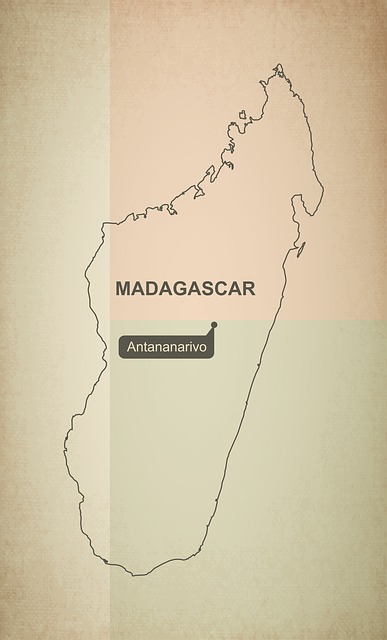In an update on the plague situation in Madagascar, in the past five weeks 104 cases have been reported, with half (52) cases being pneumonic plague, according to a World Health Organization (WHO) update.
Of the 104 cases, 20 were fatal for a case-fatality rate on more than 19 percent.

Pneumonic plague has been detected in several cities in Madagascar. It is a form of plague that is highly transmissible (person-to-person) and quickly causes death without treatment.
WHO is concerned that the outbreak may spread because it is already present in several cities and this is just the start of the plague epidemic season, which usually runs from September to April.
In addition, this one affects large urban areas, including the capital and port cities.
The outbreak is affecting the densely populated cities in Madagascar that include Antananarivo/Analamanga with 3,724,021 inhabitants, Tamatave/ Atsinanana with 1,412,021 inhabitants, Majunga /Boeny with 889277 inhabitants, and Finanrantsoa /Haut Matsuartra with 1,333,550 inhabitants. Antananarivo is the capital city of Madagascar. Eight regions have reported cases including Sava, Boeni and Atsinanana. These coastal regions are non-endemic areas for bubonic plague.
The overall risk of further spread at the national level is high.
WHO teams have conducted an initial assessment, are developing an operational response plan, supporting technical and operational coordination, and are deploying emergency managers, epidemiologists, Infection control experts, logisticians and risk communications experts.
The Malagasy Ministry of Public Health is leading the response by conducting field investigations and contact tracing in affected areas. Active search for cases, and isolation and treatment of the sick is ongoing. Chemoprophylaxis is provided to all contacts of confirmed and suspected cases.
The homes of those affected and their close contacts in Antananarivo have been sprayed with a chlorine-based disinfectant.
Information on pneumonic plague has been distributed to health professionals to improve case management and awareness campaigns are being conducted to sensitize those at risk of plague to prevention methods.
Recommendations to follow proper burial procedures for all suspected and confirmed cases have been provided.
Related:
- Plague: An interview with Dr. Paul Ettestad
- Congo, Madagascar top countries reporting most plague 2000-2009, US reports 57 cases
- Uganda measles outbreak tops 550 cases since April
- HIV in Africa: Five countries approach control of their epidemics
- Guinea-worm disease: All cases reported from Chad this year



